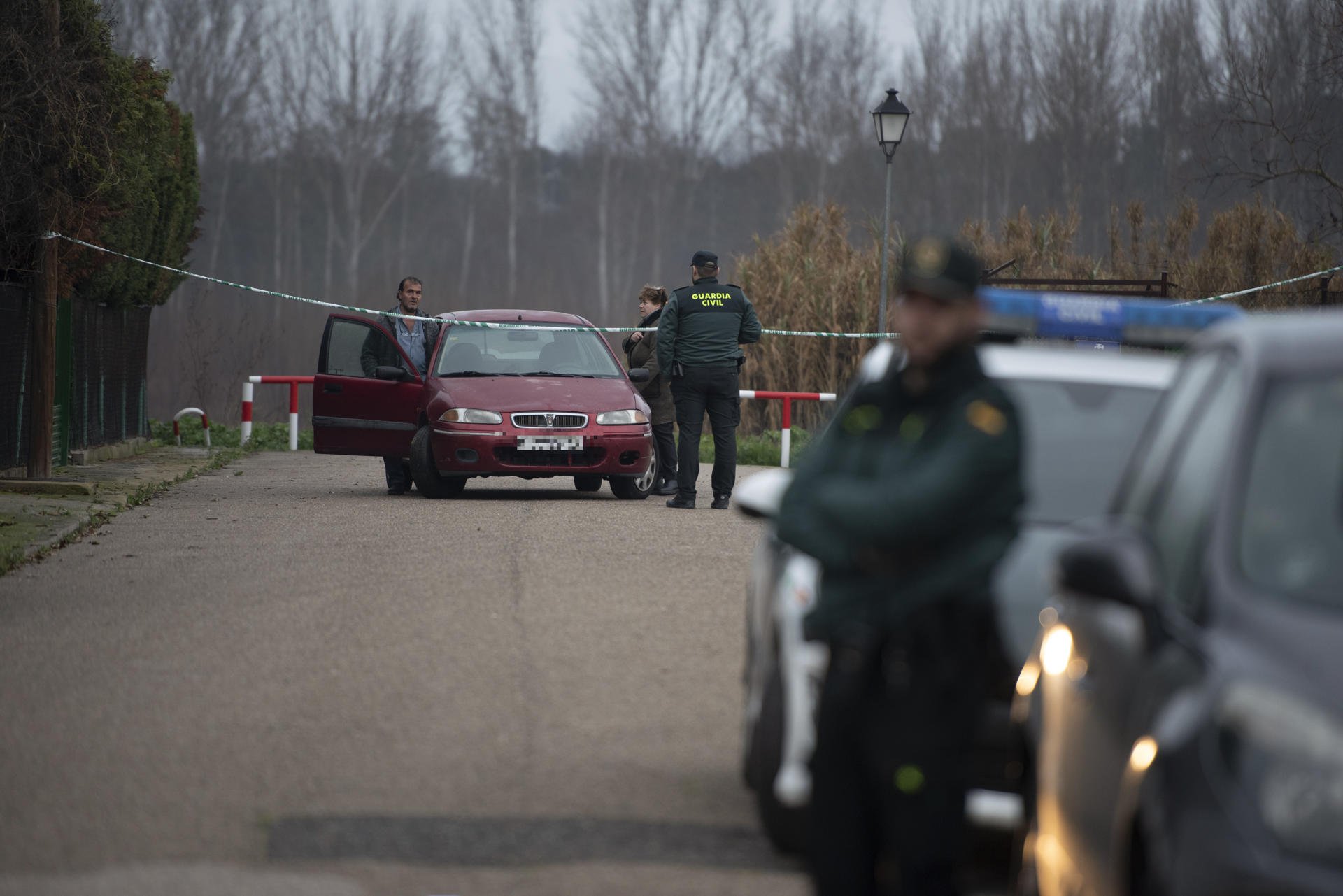A grim December across the Spanish state, and in Catalonia too. Ten femicides have been registered this month, two of them in Catalan territory, with four further possible cases still to be confirmed. This makes it - with two days to go - the worst month of December since 2015, when another ten women were killed due to gender-based violence. In 2008, this figure was surpassed with eleven deaths. However, this 2022 could itself end with a record number of sexist crimes in Spain if the causes of four homicides that are currently being investigated are confirmed, the latest one this Thursday morning in Benidorm (Alacant).
Women killed by partners or ex-partners
In total, this year 48 women have died at the hands of their partners or ex-partners throughout Spain. And, taking into account the sexist crimes committed outside couple relationships, this number reaches 58. In Catalonia the total is twelve. But December is the worst month of the year. If six women were murdered in May, there are already ten in December. Vanessa Elisabeth, María, Ángela, Soraya, Carme, Jaqueline and Irina are the first names of some who have lost their lives in recent days and there are still four more cases where it is still to be confirmed whether they were sex crimes. The two latest crimes occurred this very Thursday: one was in Escalona (Toledo province), where a man fatally stabbed his ex-partner, who was almost nine months pregnant and had two other children, aged 13 and 14. The name of the woman, the ninth femicide victim of this month, has not yet been made public.
The victim of today's other murder was a 20-year-old woman, found dead during Wednesday night in the Puente de Vallecas district of Madrid, in a presumed crime of vicarious violence. The man, who subsequently tried to commit suicide with the knife he had used to take the girl's life, was the former partner of her mother. The evidence points to revenge or obsession, making it the tenth sexist crime this month in Spain.
Irina and Carmen: victims of sexist murders in Catalonia
Of the confirmed femicide cases in Catalonia this month, the first took place on December 11th in the city of Lleida. The Mossos d'Esquadra police found the body of Irina Mihaela, 34 years old and of Romanian nationality, in a store room at the family home. The alleged perpetrator of the crime, who was arrested by the Catalan police, is a 40-year-old man and also of Romanian nationality, named Ghiluta, who reported the disappearance of his wife and then entered the psychiatric ward of the Santa Maria hospital. Irina's body was wrapped, covered with cardboard and her legs were tied up. An image that hinted at the abuse her husband allegedly subjected her to, which she had reported as well as obtaining a restraining order which lapsed when the case went to trial in 2020, because Irina did not go to testify. A resident of the Belàfia neighbourhood, she had five children. It was the first femicide in Catalonia's western capital since March 2015.

Carmen, 88 years old and of Spanish nationality, lost her life at the hands of her partner, a 69-year-old man, on Saint Stephen's Day, December 26th, in the town of Santa Perpètua de Mogoda, in the Barcelona metropolitan area. In this case, according to police investigations at the moment, the murder is thought to have been caused by a firearm, given that the corpse did not show signs of violence. The Mossos d'Esquadra arrested the alleged murderer and investigations are still continuing to clarify what happened in this second sexist crime in a bleak month for male violence against women in Catalonia and throughout Spain.
Political reactions to the increase in femicides
In reference to the increase in sexist crimes throughout Spain this December, the minister of the interior, Fernando Grande-Marlaska, has ordered the security forces to step up protective measures for victims of gender-based violence as well as stating that the "most favourable" actions for women and their children will prevail in police risk assessments. Marlaska made his press appearance in response to what he called the "unusual and terrible proliferation" of murders of women in recent days. Although, in his words, the cases "don't respond to any timing-related or other patterns."

